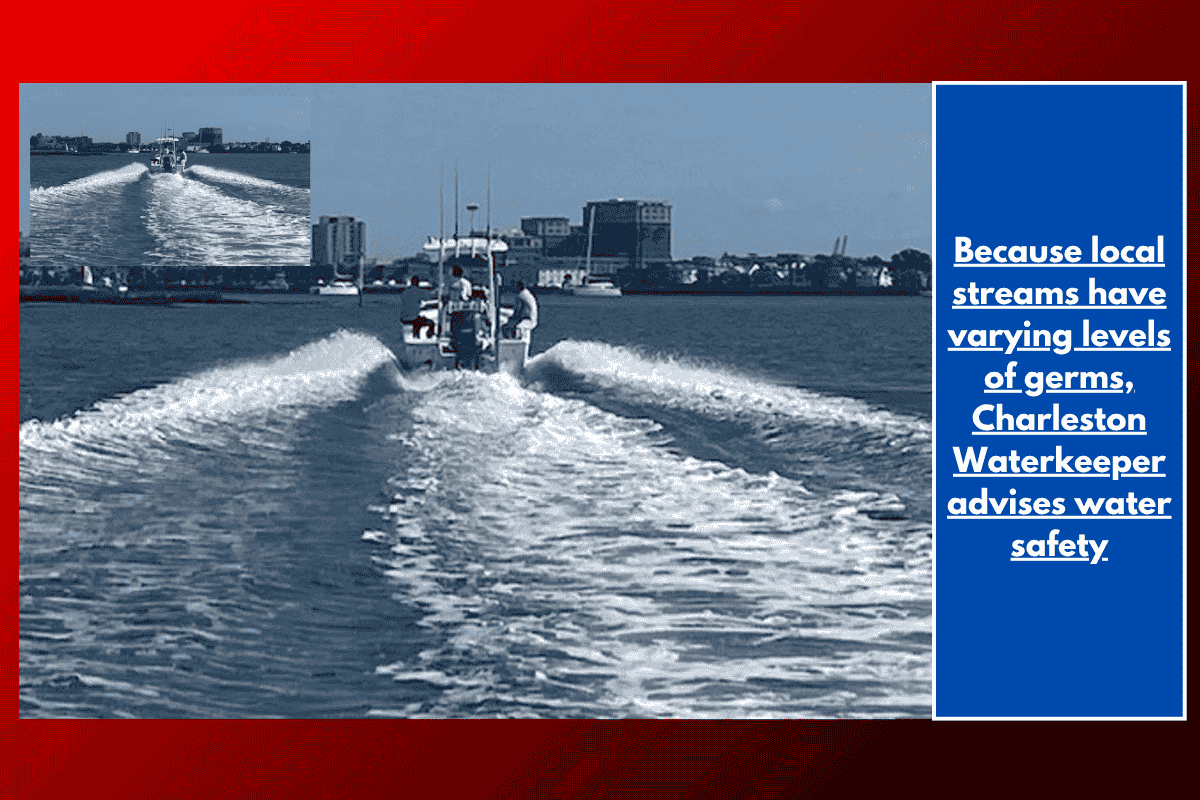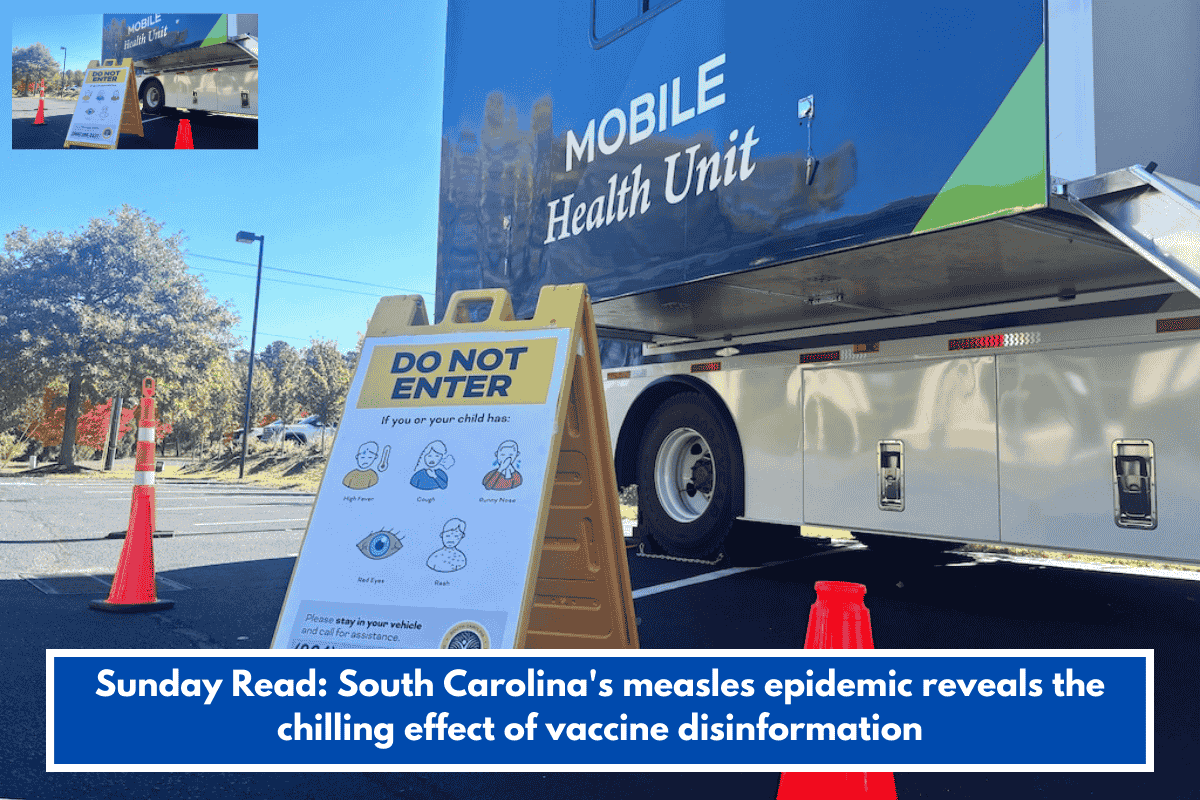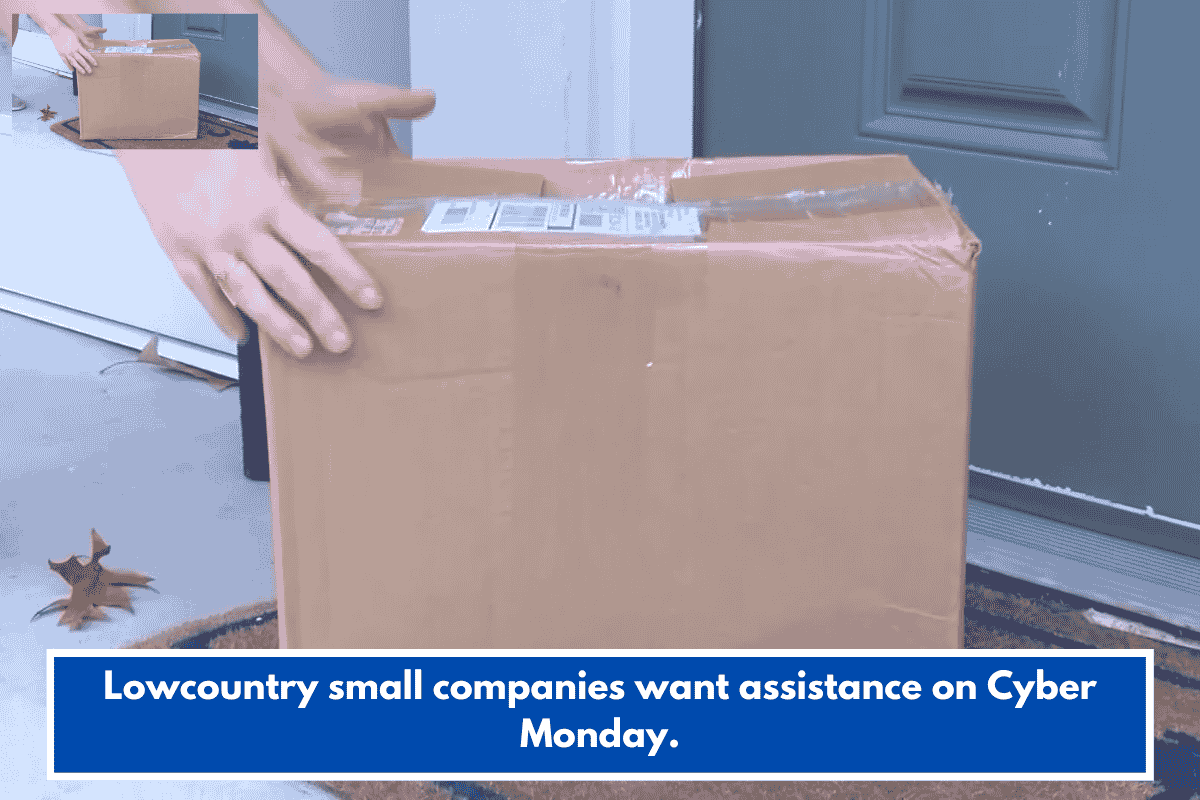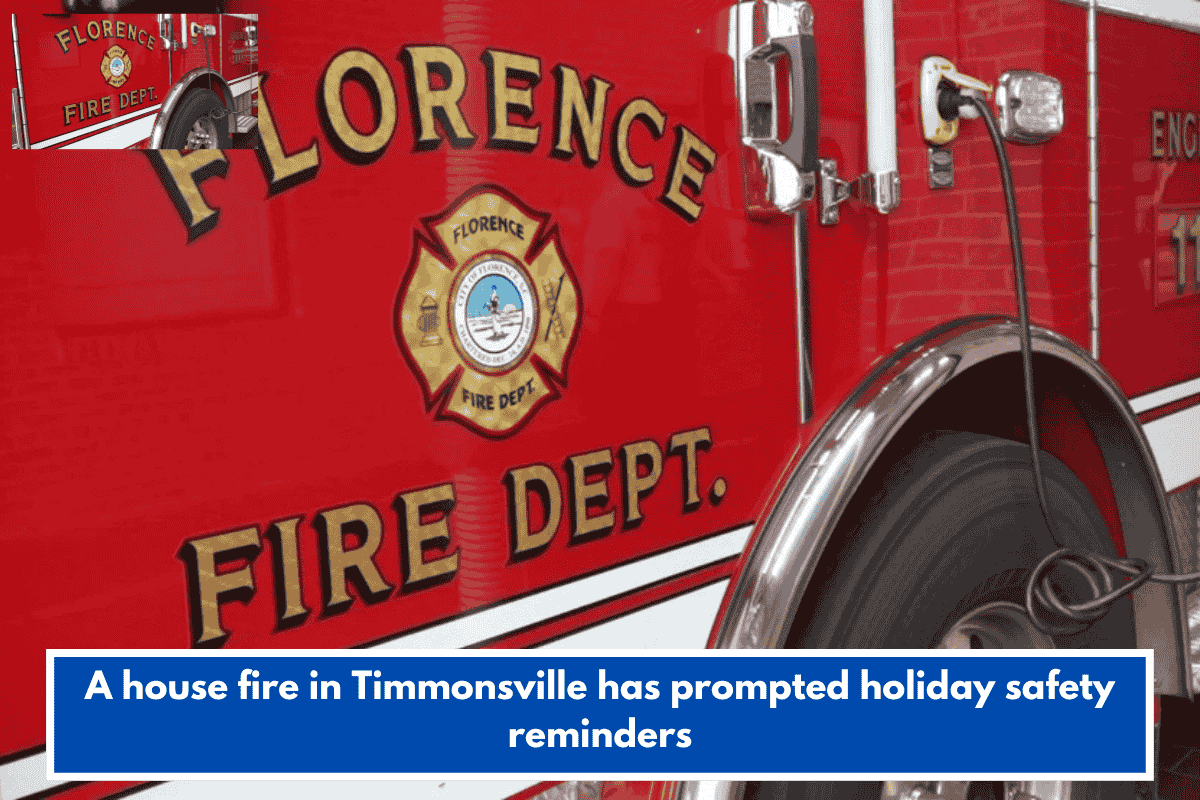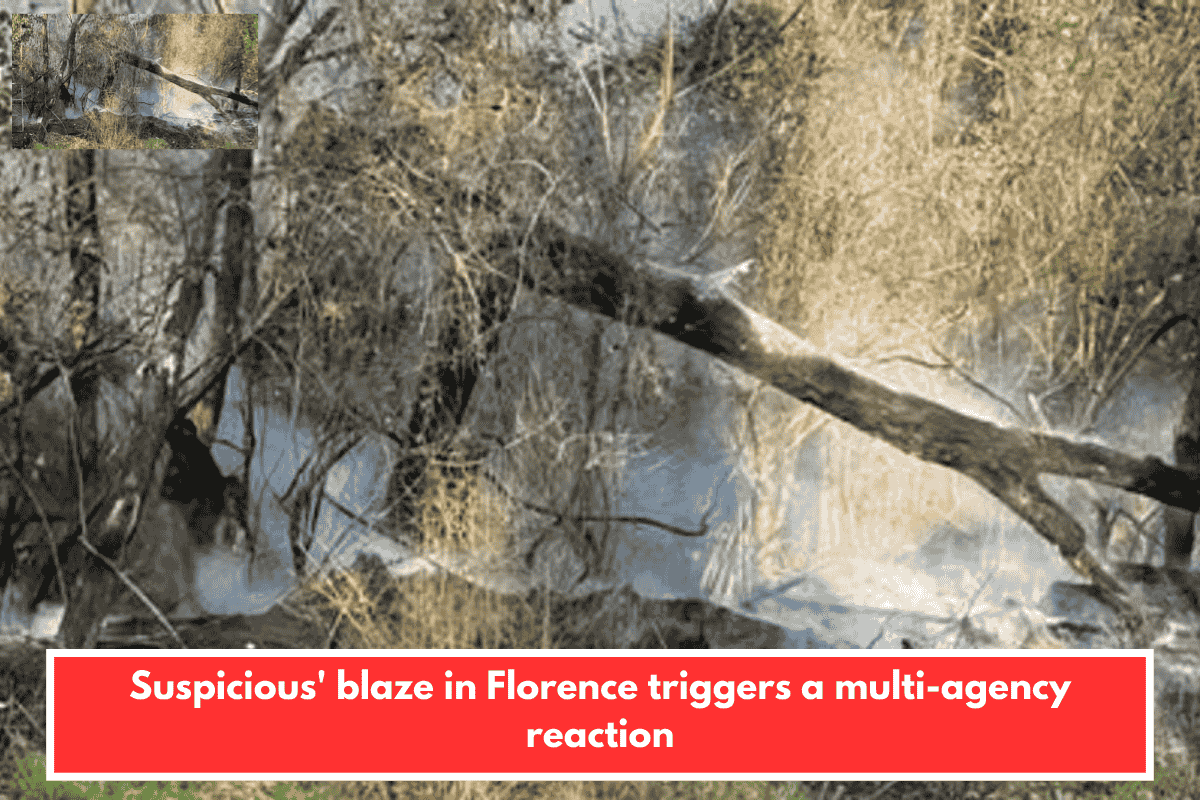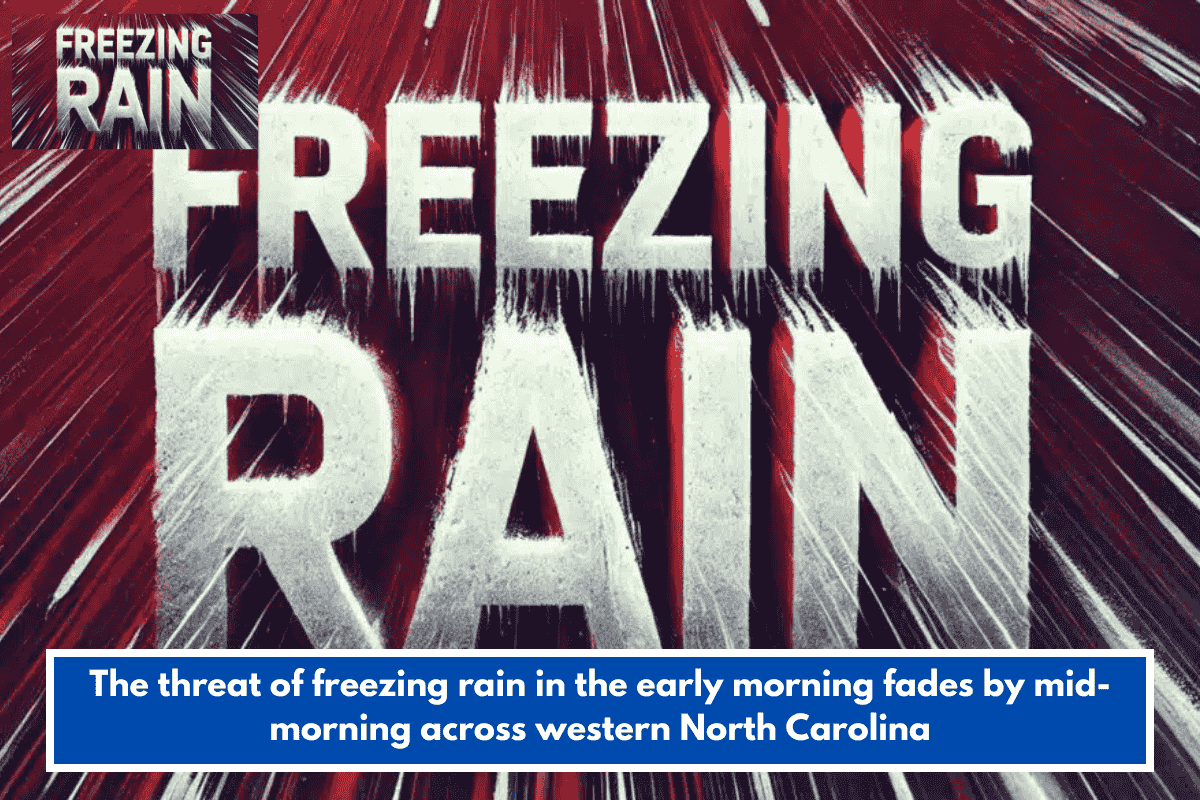As the holiday weekend draws crowds to the Lowcountry’s waterways, Charleston Waterkeeper is reminding the public to stay informed about water safety before engaging in recreational activities like swimming, paddling, and sailing. With increasing numbers of people taking to the water, understanding water quality is crucial to ensuring both health and safety.
Water Quality Testing and Health Risks
Charleston Waterkeeper conducts water quality tests 26 times a year across a 40-mile radius, covering 20 different sites during the testing season. Andrew Wunderly, from Charleston Waterkeeper, emphasized the importance of knowing whether the water is safe for recreational use. “The question we’re trying to answer is whether or not it’s safe to go swimming, paddling, sailing,” Wunderly explained.
The tests aim to identify harmful bacteria that could pose a risk to public health. “You assume the pathogens that can get you sick are also present, and that means swimming and recreational activity can really be a risk to your health,” Wunderly said. This makes it essential for swimmers and boaters to know the water’s quality before heading out.
Recent Water Quality Findings
Current water quality tests have shown generally normal readings for this season. However, areas like Shem Creek and James Island Creek continue to test high for harmful bacteria, meaning they pose a higher risk to public health. In contrast, the Folly River and Sullivan’s Island have shown clean results, making them safer options for recreational activities.
Charleston Waterkeeper is working hard to address these concerns. “We’ve been able to focus resources, focus Charleston Waterkeeper’s efforts, and focus state and local resources into those creeks to make sure that they’re getting the attention and the clean-up activity they need,” Wunderly explained.
Ongoing Cleanup and Future Focus
Efforts are underway by local municipalities to address the pollution in Shem Creek and James Island Creek. Wunderly also highlighted Fillbin Creek as another area in need of attention. “We’re expecting Fillbin Creek to be next. That one needs a lot of help,” he noted.
Charleston Waterkeeper’s work focuses not only on addressing harmful bacteria but also on tackling the issue of trash in local waterways. Wunderly urged boaters and swimmers to help keep the water clean: “Whatever you pack into the boat, make sure that you pack out. Secure your trash. Bring a garbage can. Make sure you’re using it, and make sure your passengers are using it.”
As the holiday weekend draws more people to the water, staying informed about water quality and safety is essential. Charleston Waterkeeper’s ongoing efforts to monitor and improve water conditions help ensure that the Lowcountry’s waterways remain safe for everyone. By following safety guidelines and helping keep our waters clean, residents and visitors can enjoy a fun, healthy, and safe time on the water.

